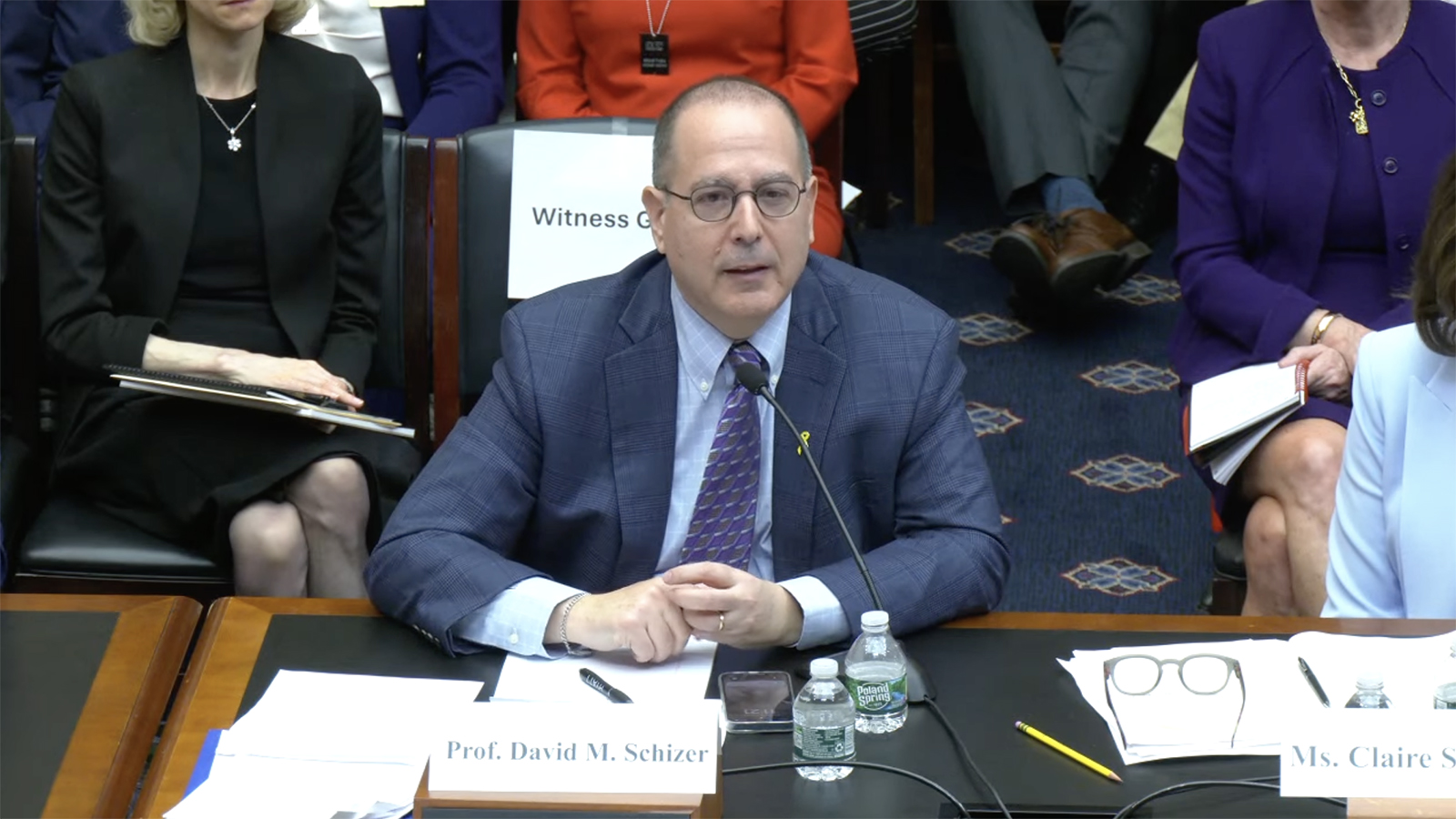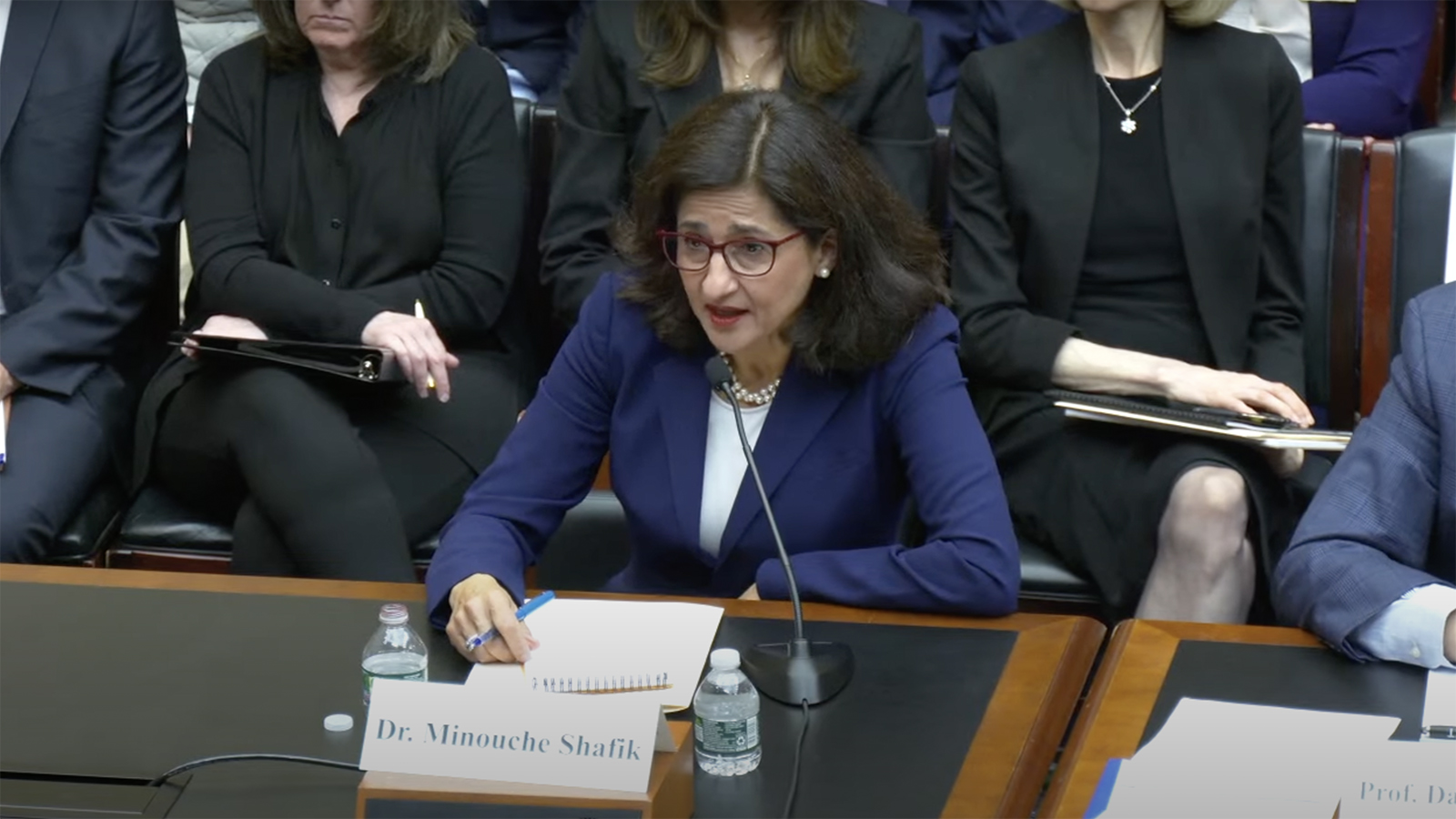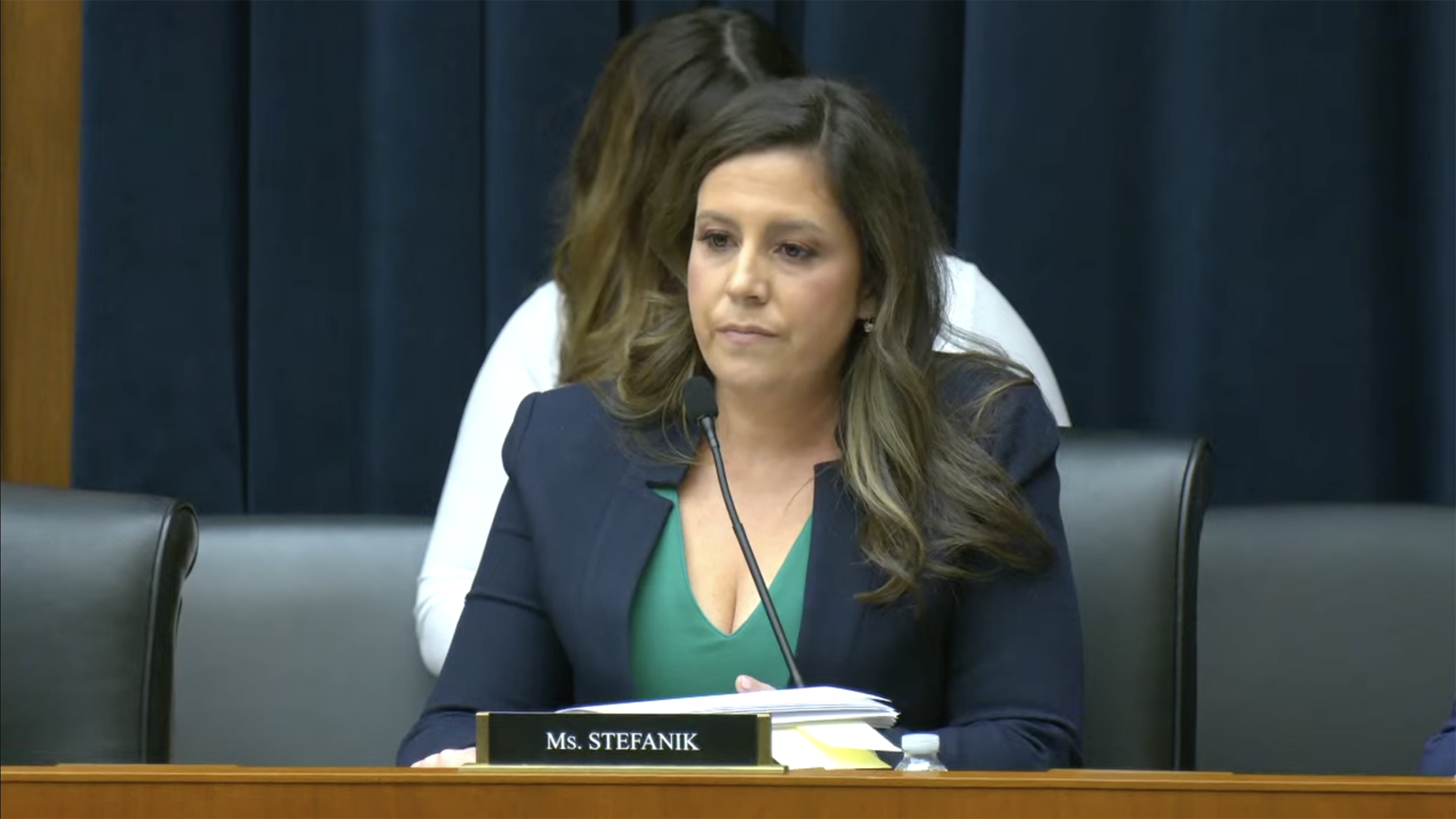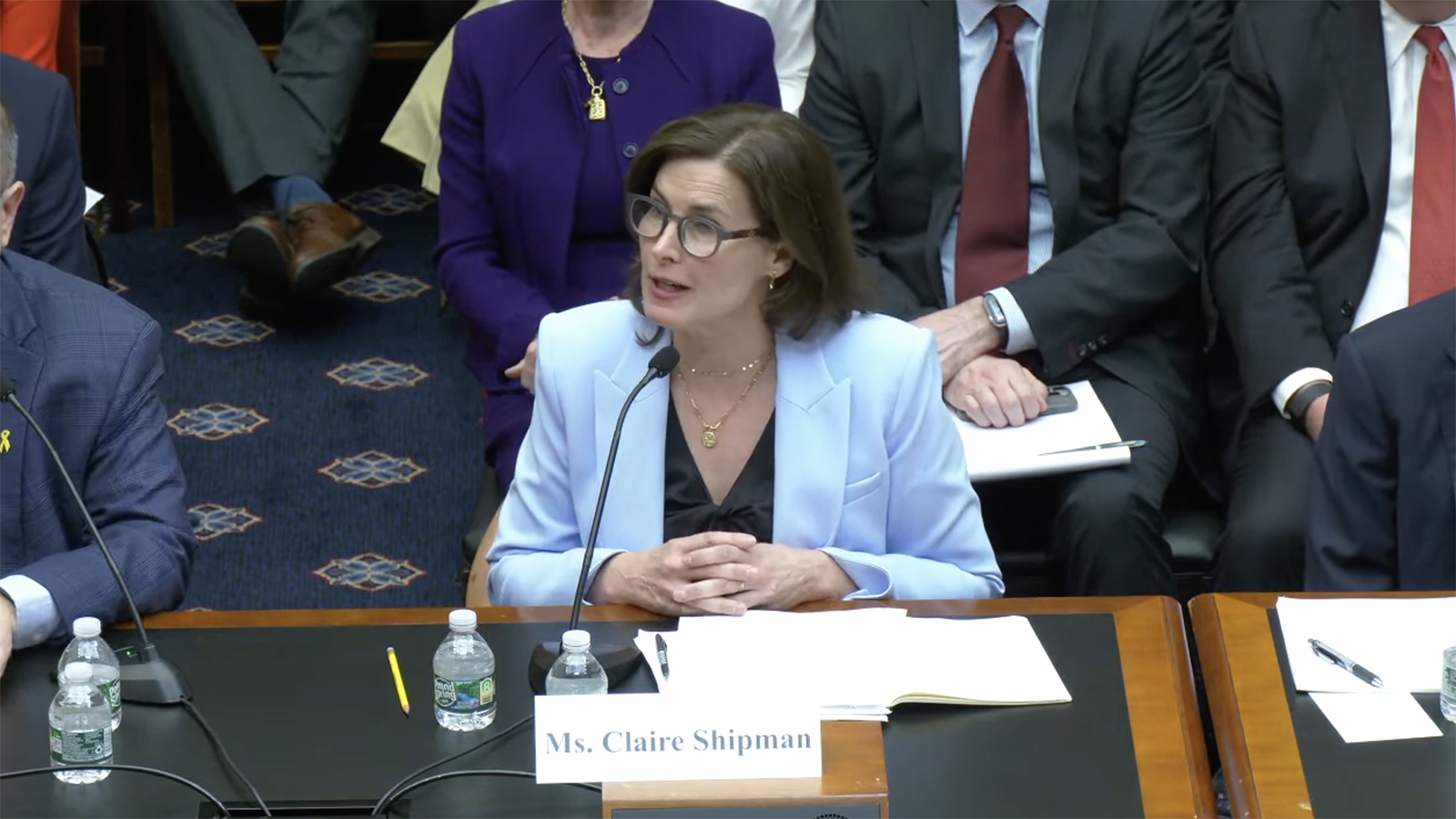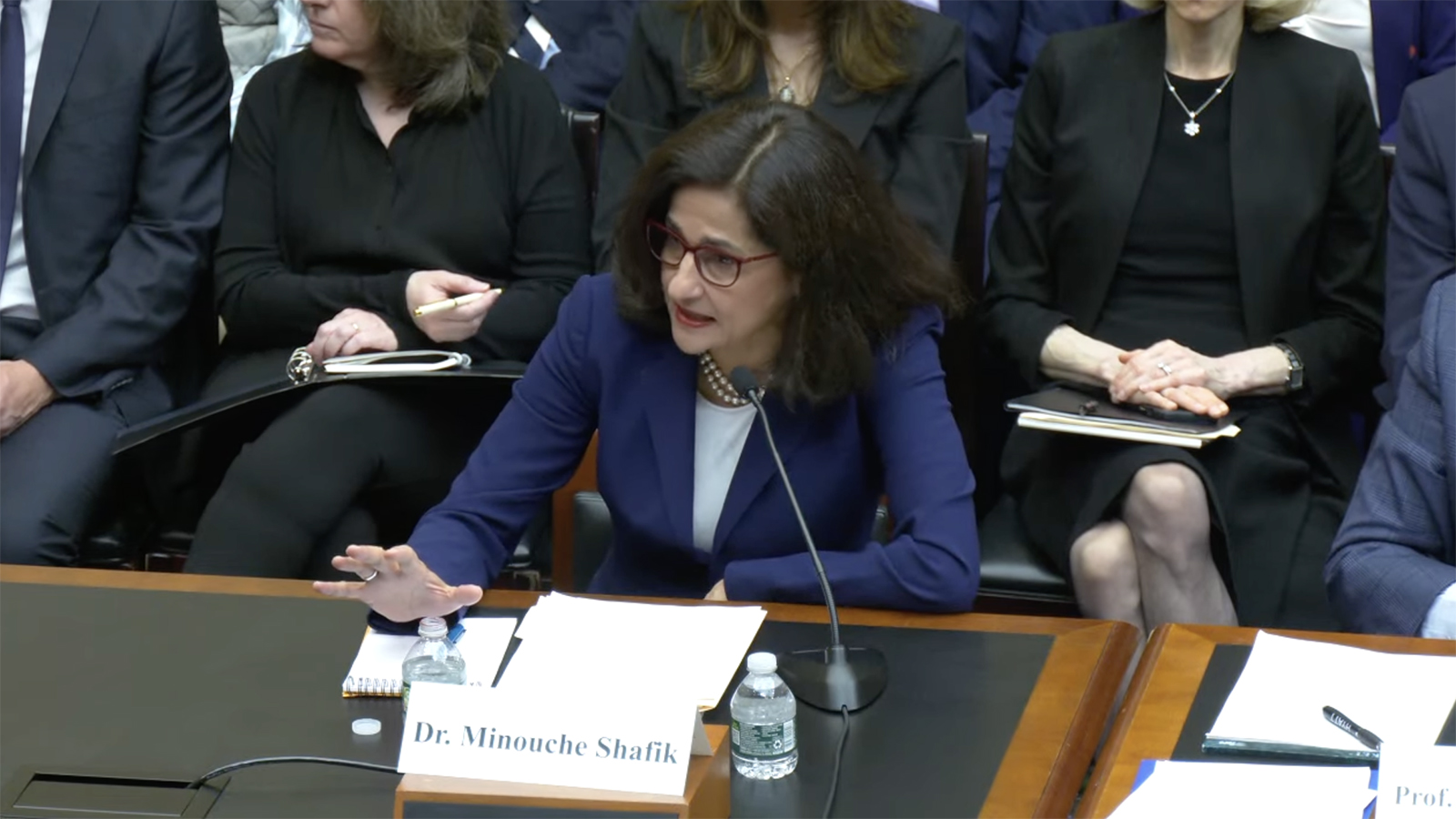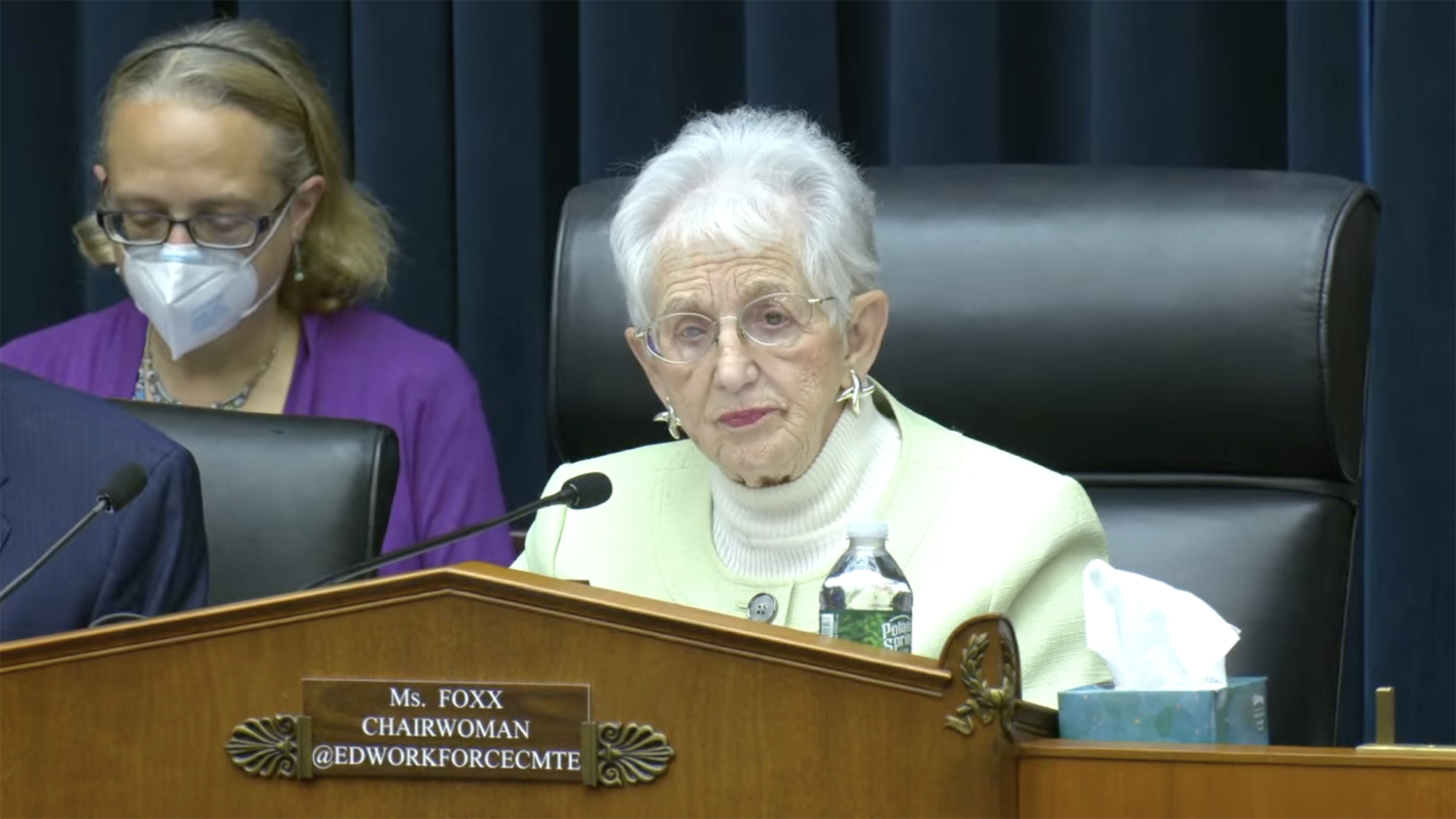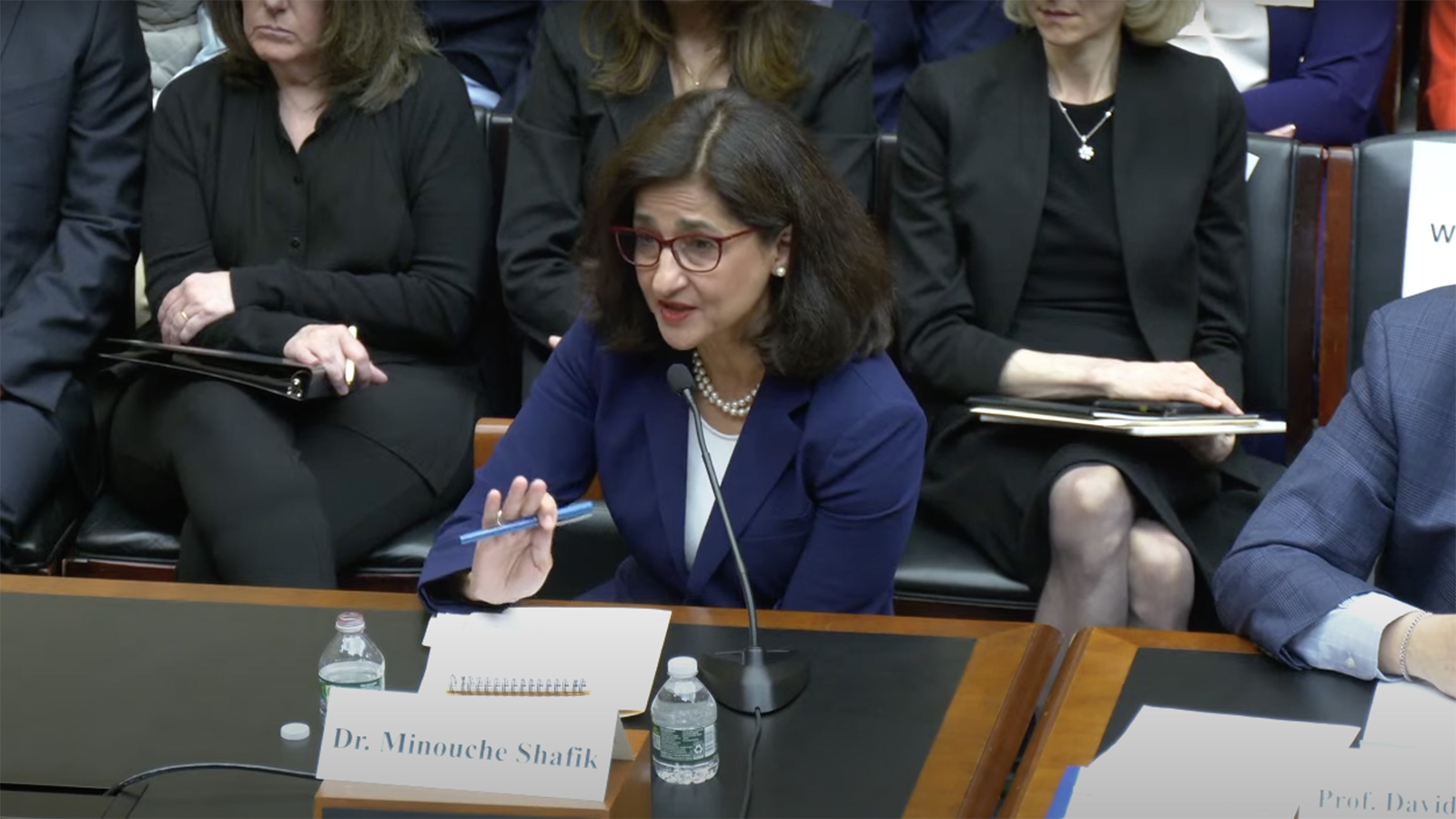
Columbia University President Minouche Shafik said the school is firing a professor who allegedly expressed support for Hamas on social media following the October 7 terror attack on Israel.
Rep. Elise Stefanik said Columbia hired Mohamed Abdou as a professor after the terror attack even though she said he posted support for Hamas, Hezbollah and the Islamic Jihad on October 11.
“I share with you your repugnance at those remarks. I completely understand that. On my watch, for faculty who make remarks that cross the line in terms of antisemitism, there will be consequences,” Shafik said.
Speaking specifically about Abdou, Shafik said: “He has been terminated.”
Shafik also said that Abdou is grading his students’ papers but will “never teach at Columbia again and that will be on his permanent record.”
Columbia did not immediately respond to a request for comment on when Abdou’s termination takes effect.
Shafik added that there are five instances of faculty who have either been removed from classrooms or dismissed.
